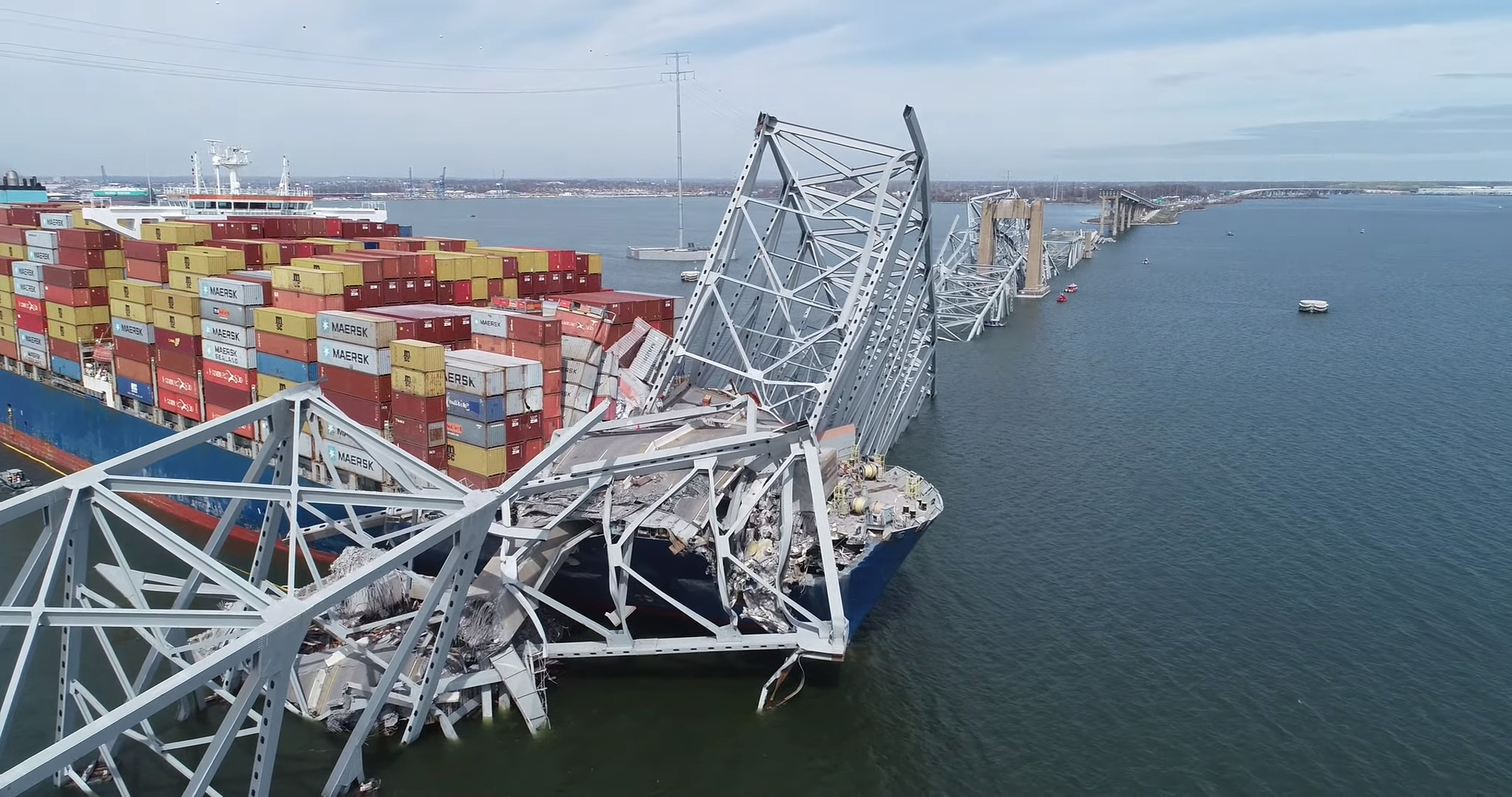WASHINGTON (March 27, 2024) -- A recovery mission is now underway for six construction workers who were on the Francis Scott Key Bridge in Baltimore early Tuesday morning when a cargo ship struck the bridge, causing it to collapse. The six people are presumed dead. Two others were recovered alive from the water, with one being treated at a local trauma center. The National Transportation Safety Board Chair told NBC News that the agency has recovered the ship's voyage data recorder.
Faculty experts at the George Washington University are available to offer insight, commentary and analysis on the collapse and subsequent rebuilding process, search and research operation, and long-term impact on the port and the region. If you would like to speak with an expert, please contact GW Senior Media Relations Specialist Cate Douglass at cdouglass gwu [dot] edu (cdouglass[at]gwu[dot]edu).
gwu [dot] edu (cdouglass[at]gwu[dot]edu).
Sameh S. Badie is a professor of civil and environmental engineering. Badie conducts research on reinforced and prestressed concrete structures, with applications on buildings and highway bridges. His research includes theoretical and experimental investigation. Badie has a significant amount of experience developing innovative prestressed, precast, concrete deck panel systems for highway bridges. His experimental experience includes testing full-scale concrete components, such as deck panel systems and prestressed concrete girders. Badie can discuss the collapse and what rebuilding could look like down the road.
Kim Roddis is a professor emerita of civil and environmental engineering and a registered professional engineer who has experience in heavy industrial and general commercial building design, as well as in bridge design. As a structural engineer, her expertise and research interests include design, fabrication, and construction processes; structural applications of artificial intelligence and computer-aided design; web-enhanced teaching; fatigue and fracture in bridges; frame stability; and seismic steel connections. She is recognized nationally as an expert in distortion-induced fatigue of steel highway bridges and internationally as an expert on the application of artificial intelligence and advanced computing methods to civil engineering problem solving.
Joseph Barbera is an associate professor of engineering management and systems engineering. Through the GW Institute for Crisis, Disaster, and Risk Management, Barbera conducts research across a wide range of topics in emergency management, risk management, and business continuity. Current and recent research focuses upon large-scale incident (disaster) management, hazard risk assessments, public health hazard risk reduction, collapsed-structure search strategies, and confined space medical interventions. He also focuses on healthcare emergency management that is focused both on mass casualties and continuity of critical operations. Barbera can speak to how a complex incident like this is managed and the huge and long-lasting impact for the Port of Baltimore, the State of Maryland, and the east coast's North-South vehicle (commercial truck and passenger car) traffic as it pertains to reopening the channel and recovery.
Sanjay Jain is an associate industry professor in the department of decision sciences. His research interests are in the development and application of decision science techniques to complex systems with current focus on smart manufacturing, supply chains and project management. Jain can discuss the national and international economic impact of the collapse and other implications related to supply chains, shipping, etc. around the closure of this major U.S. port.
-GW-



